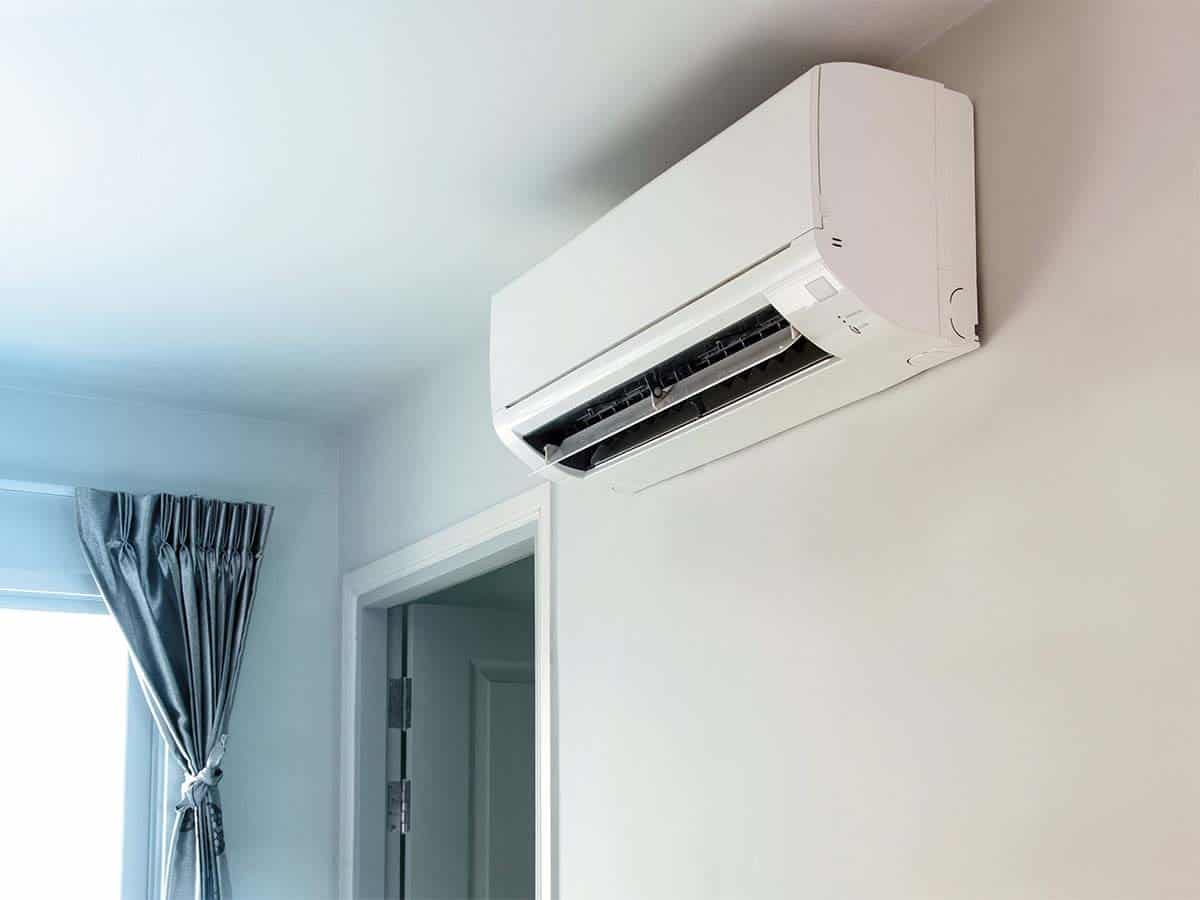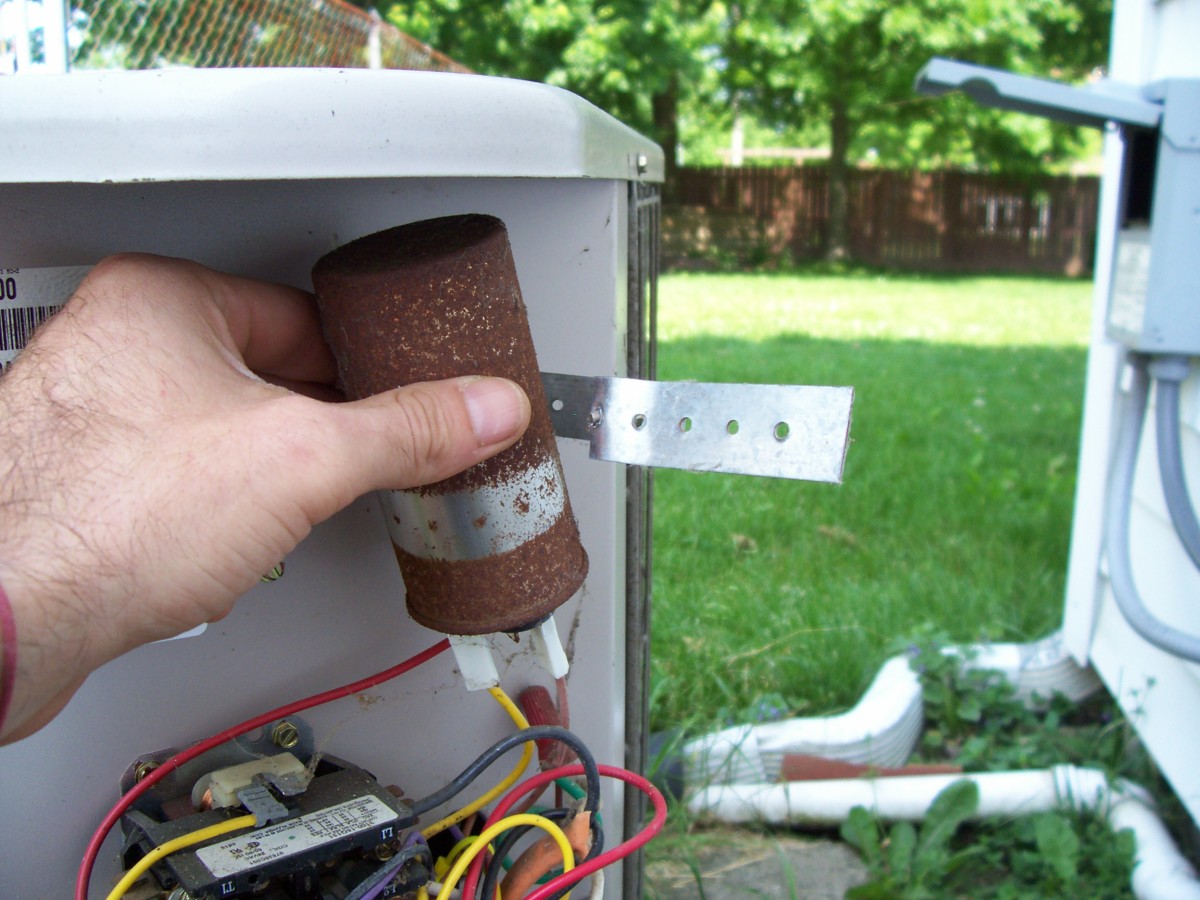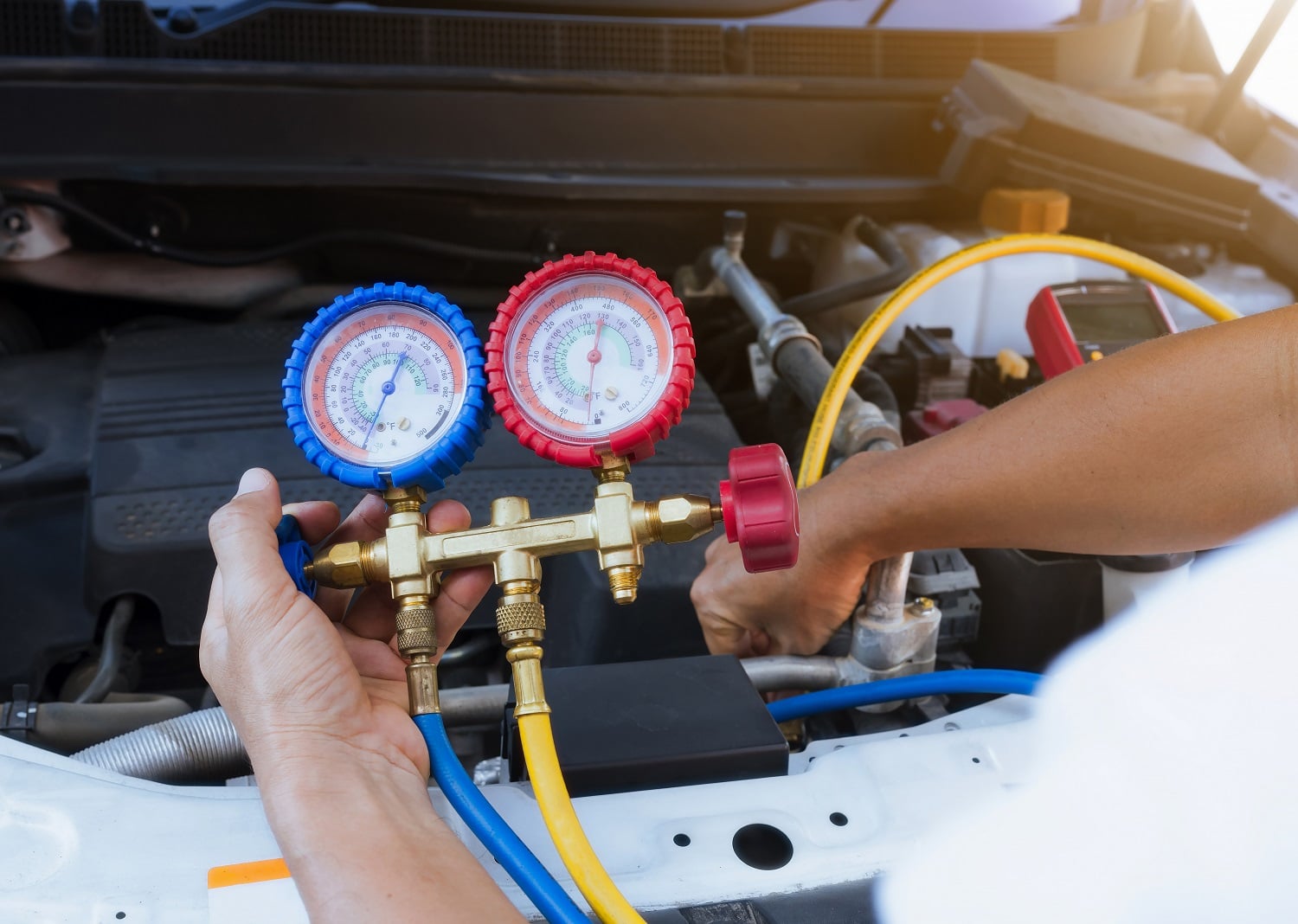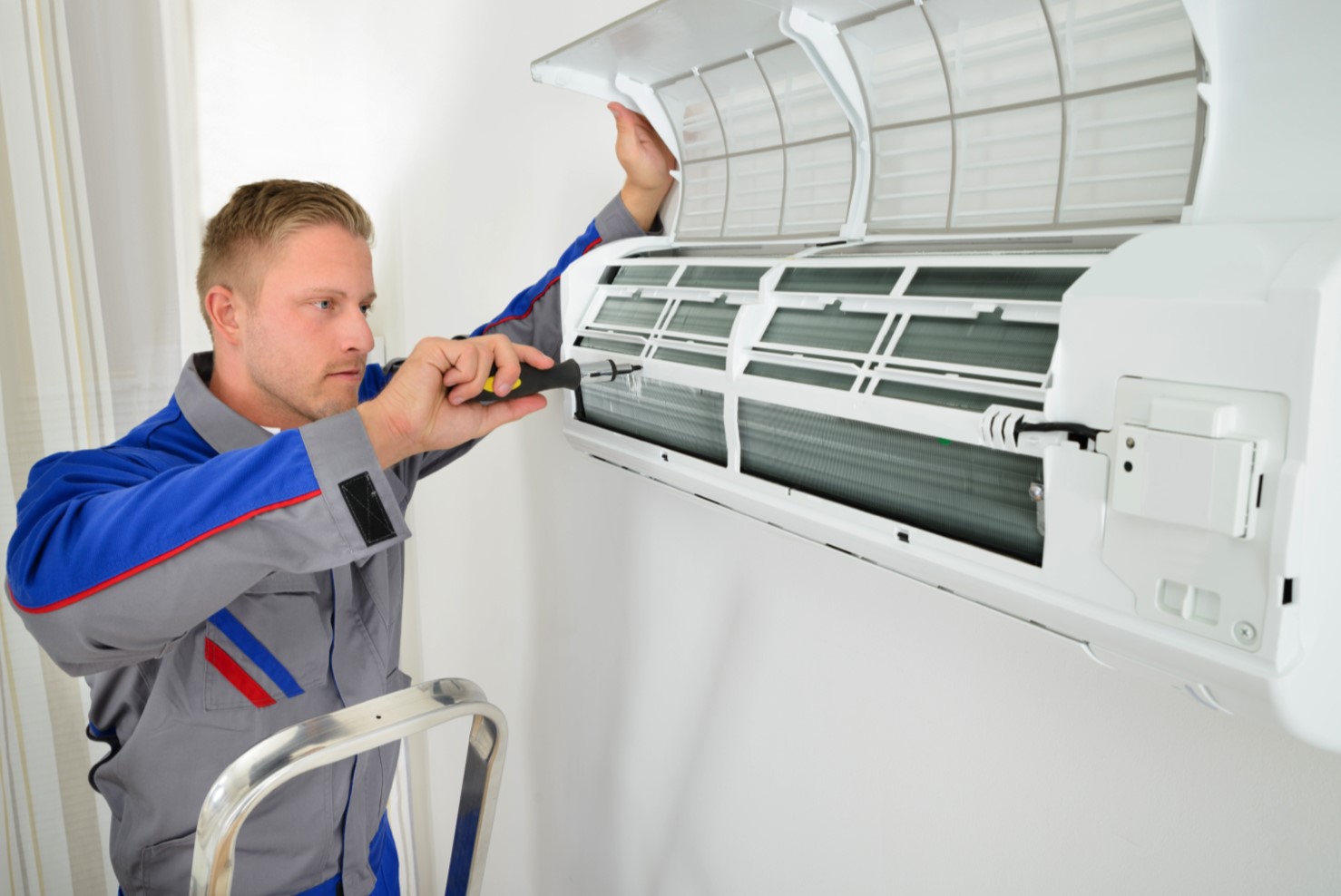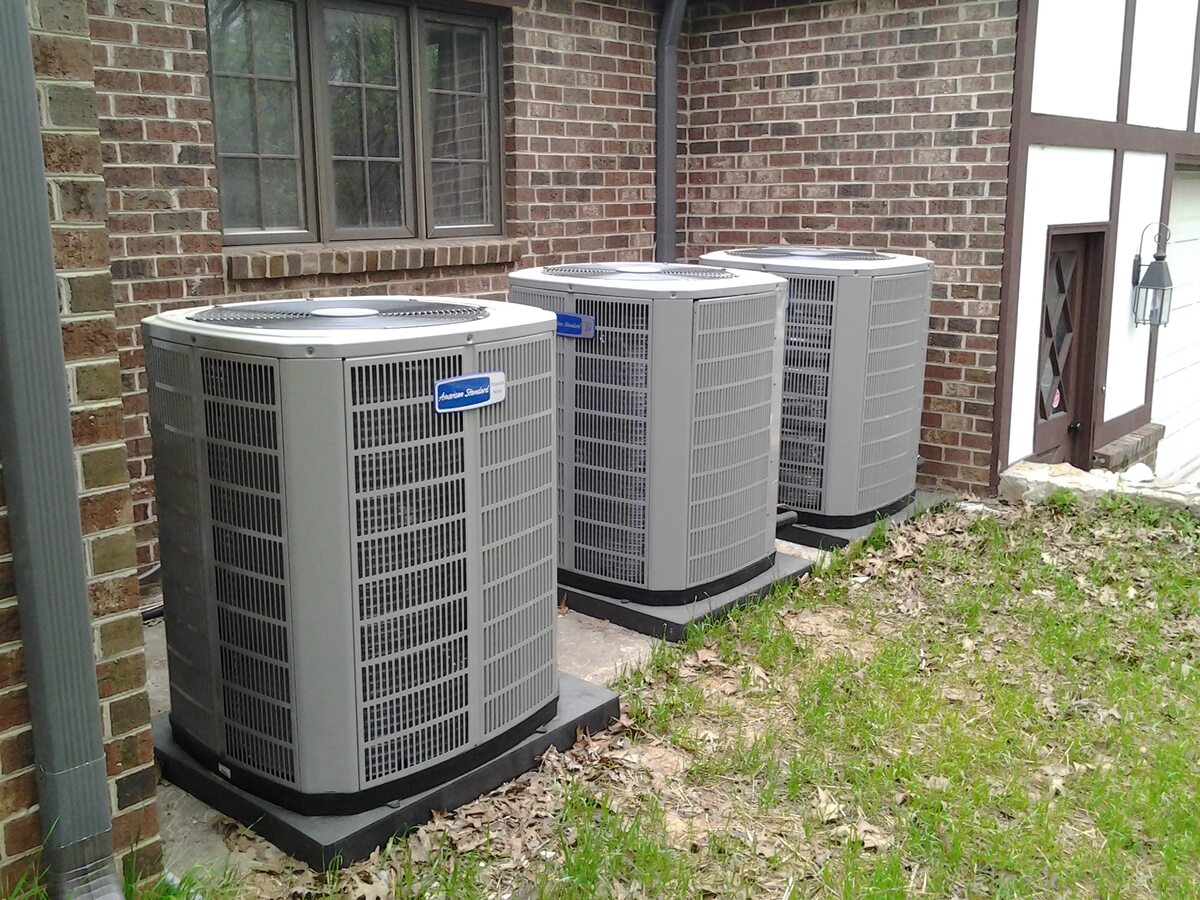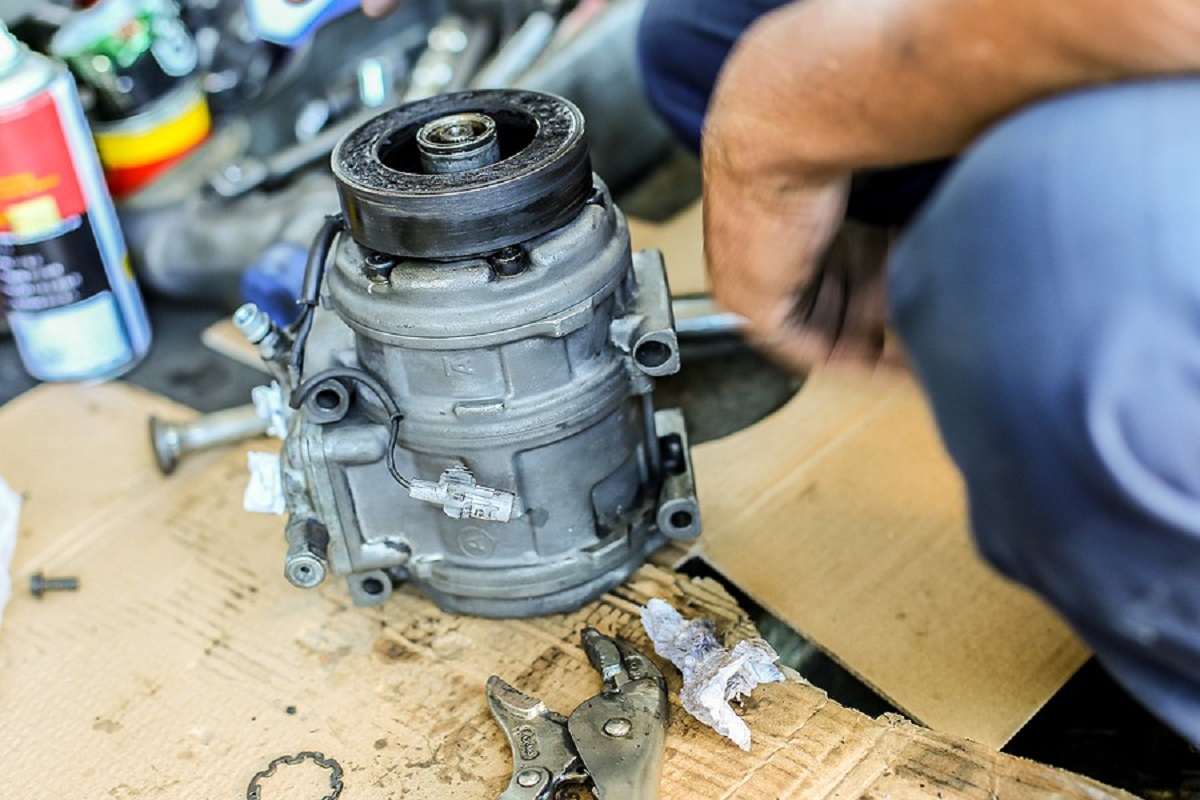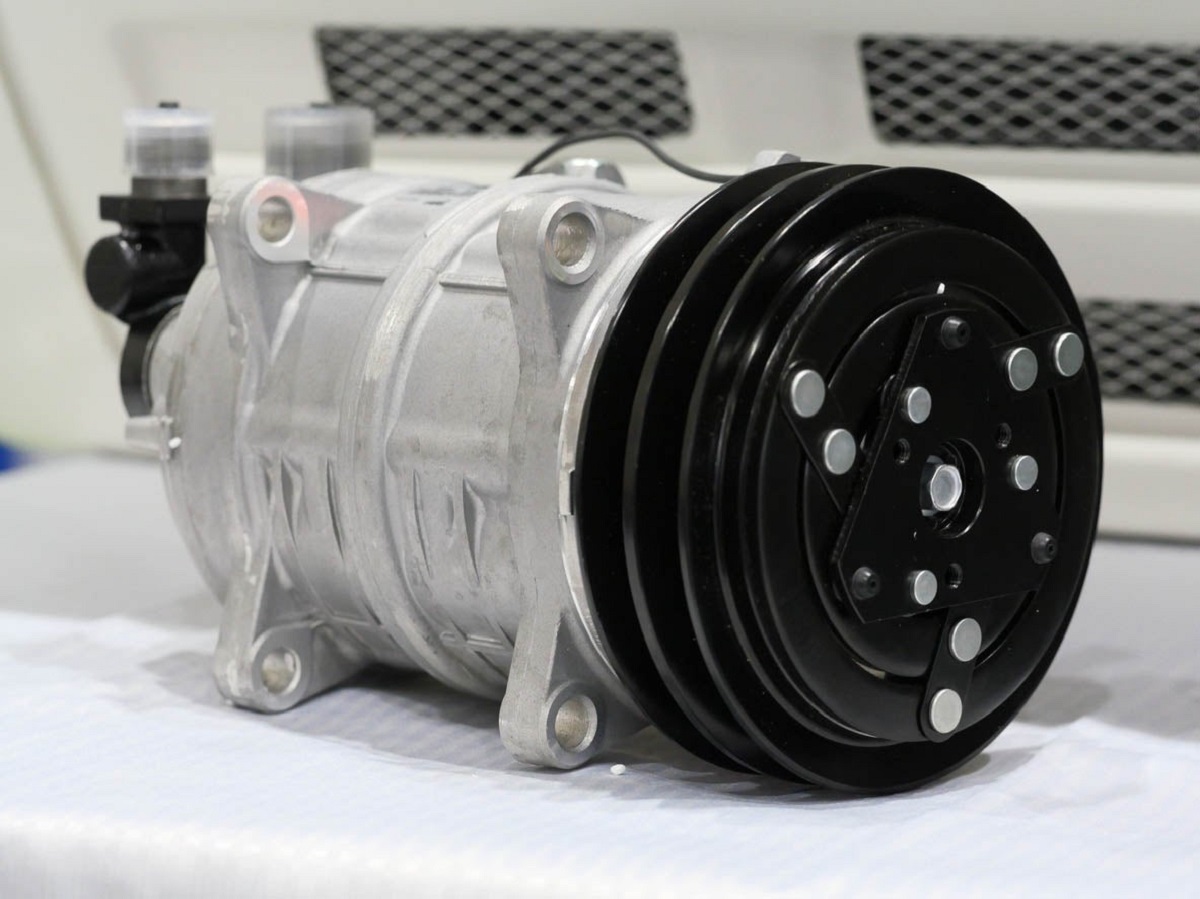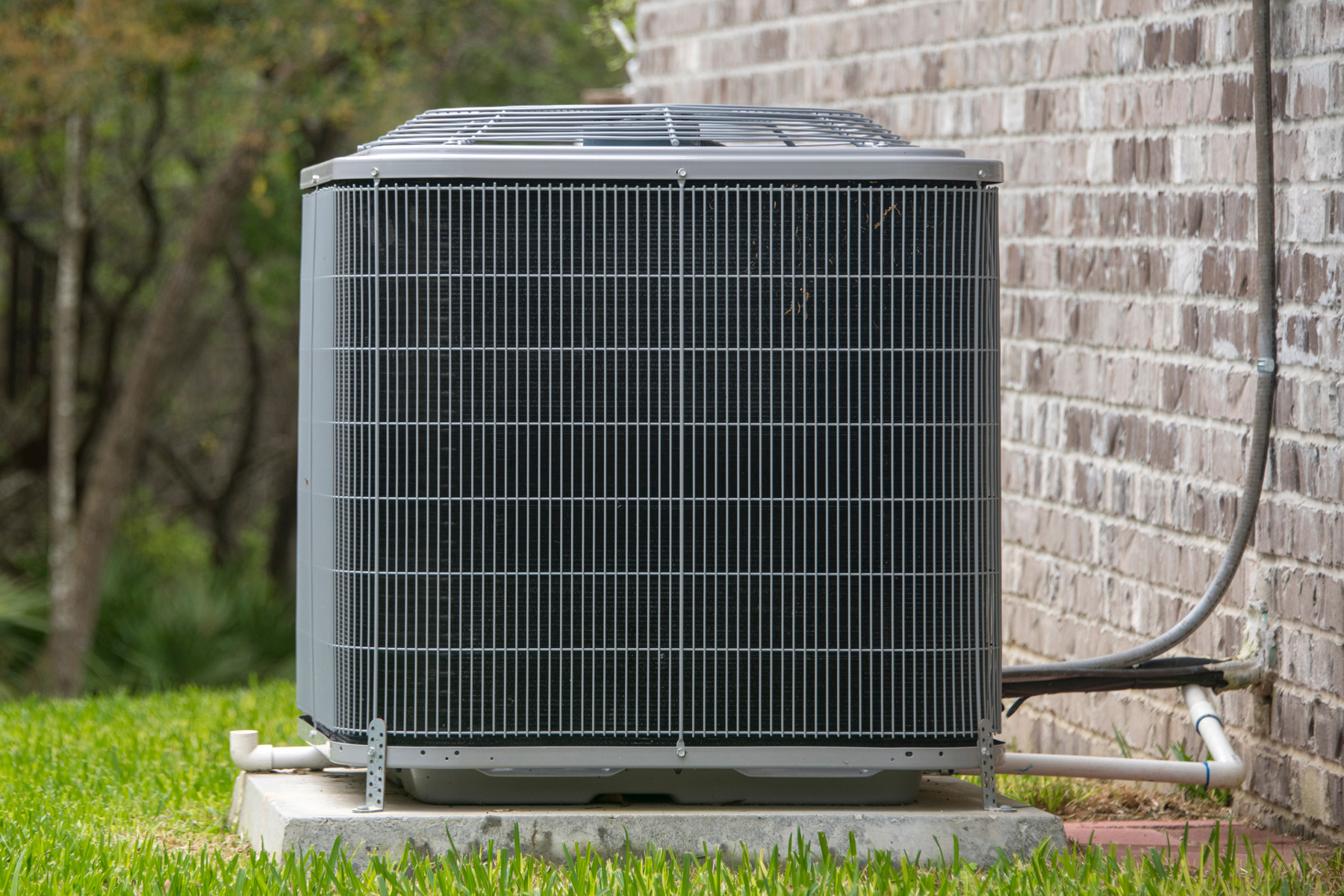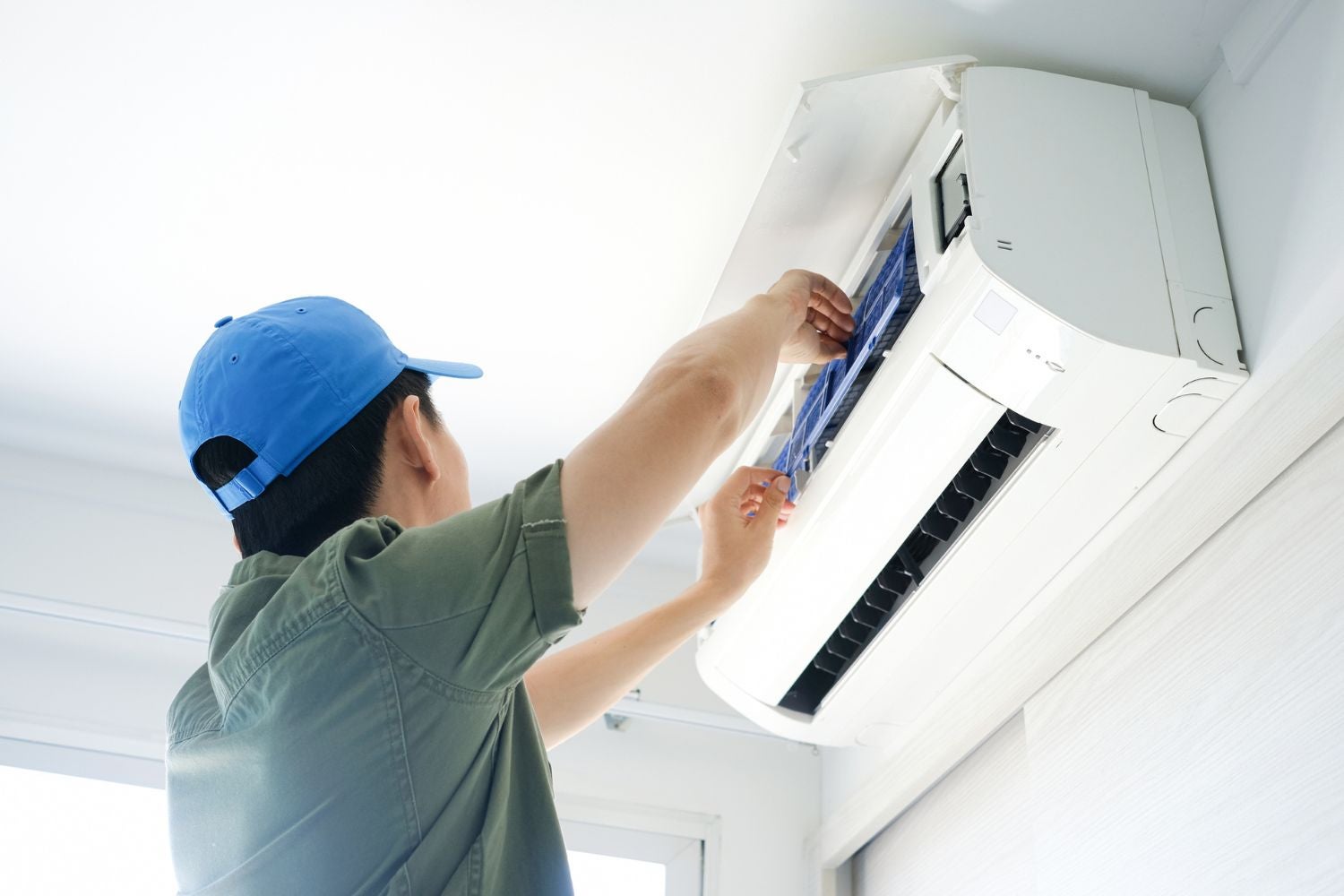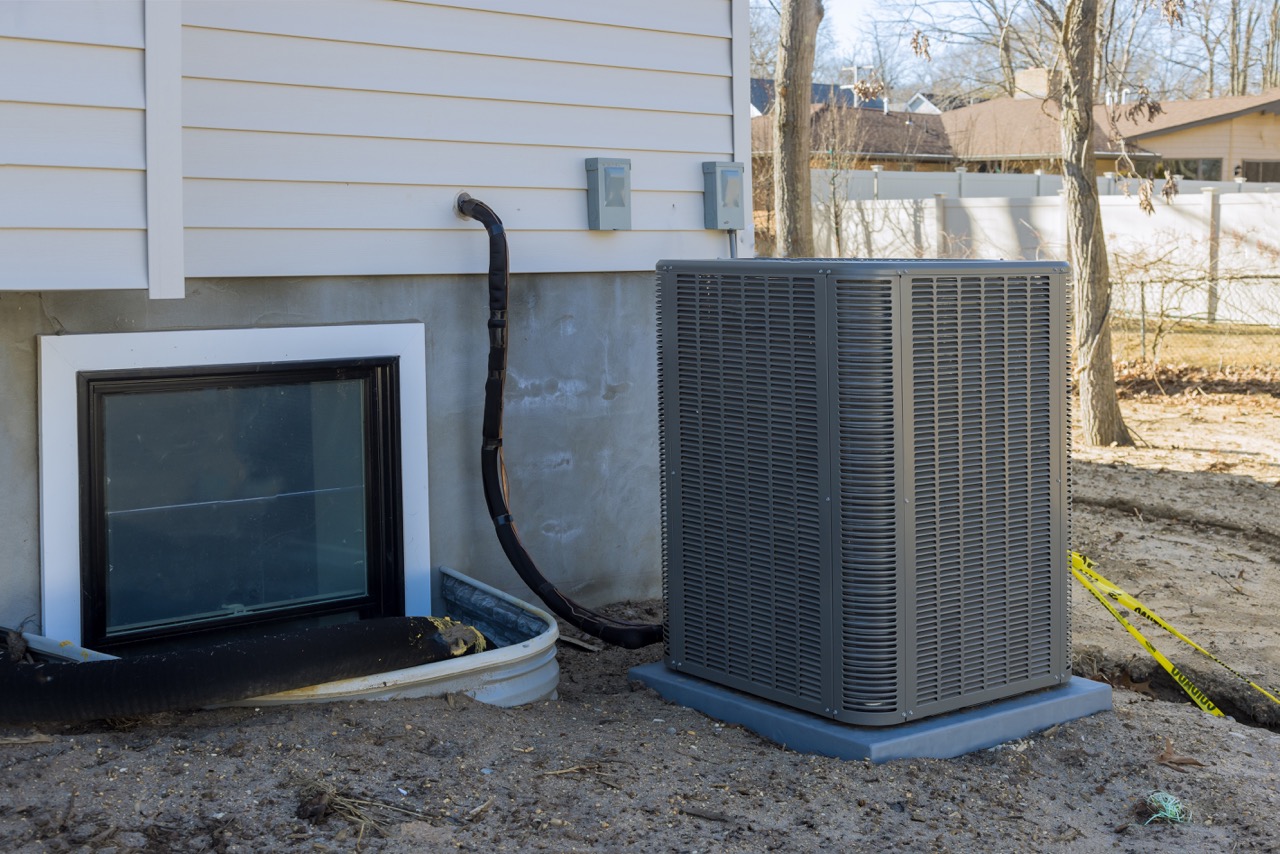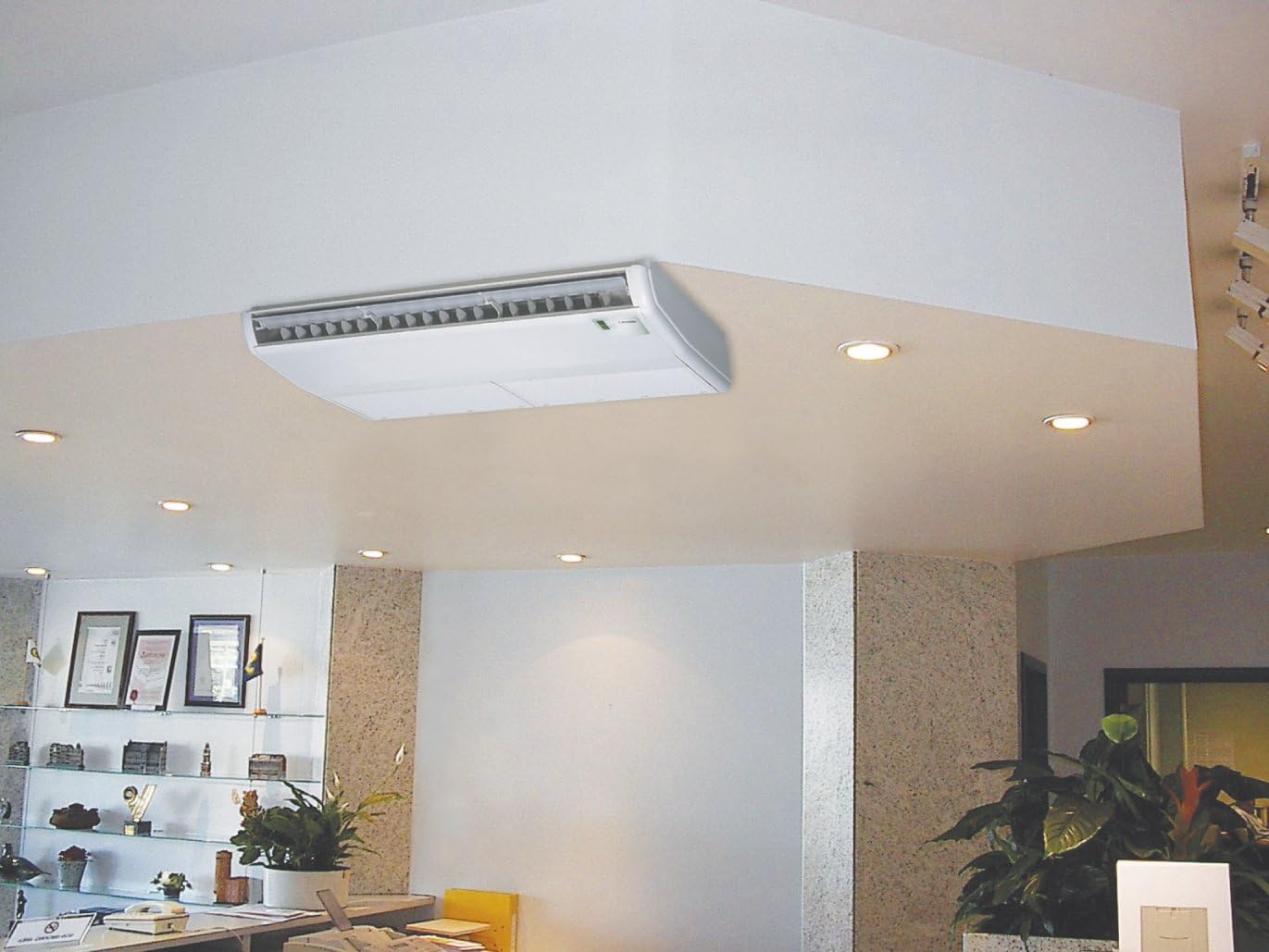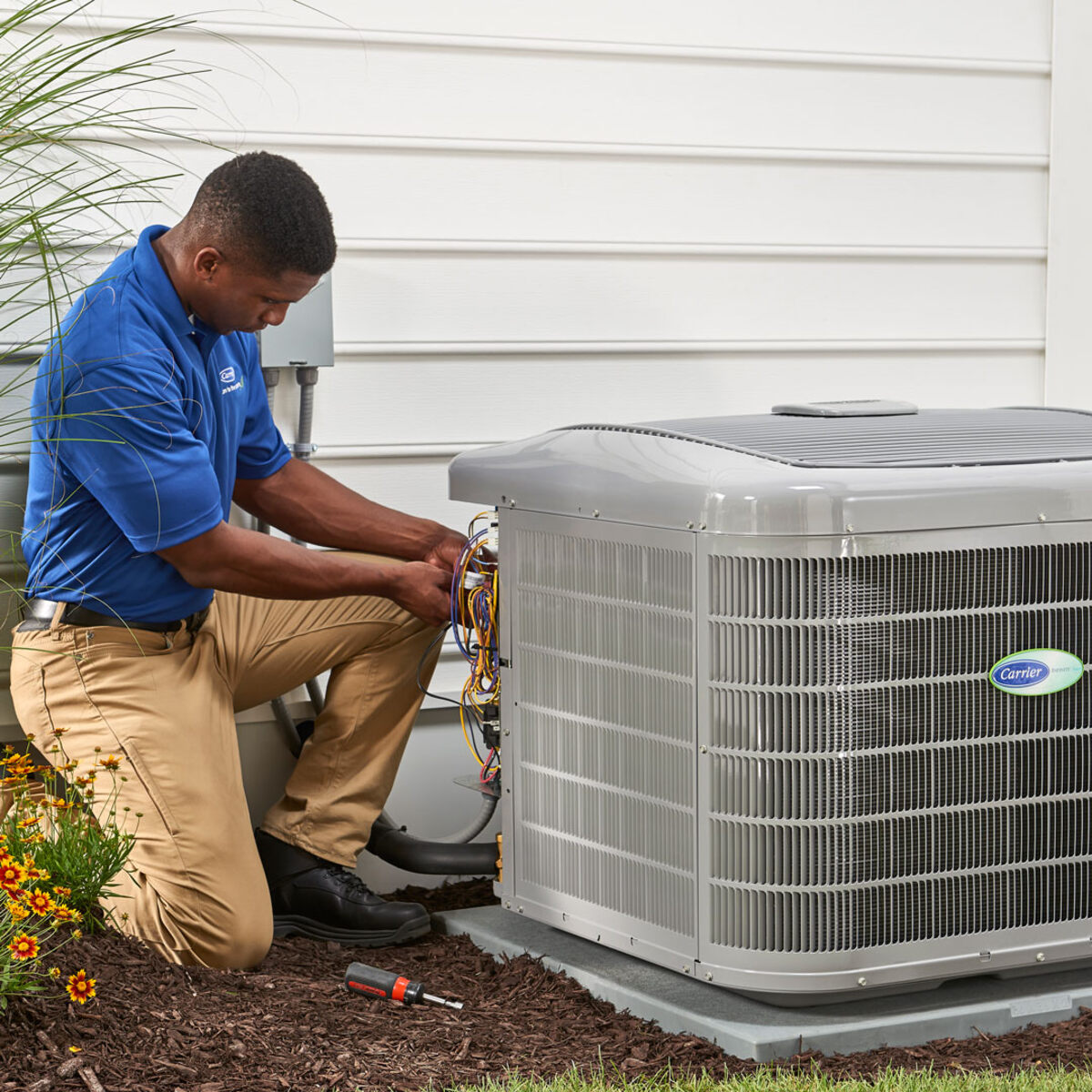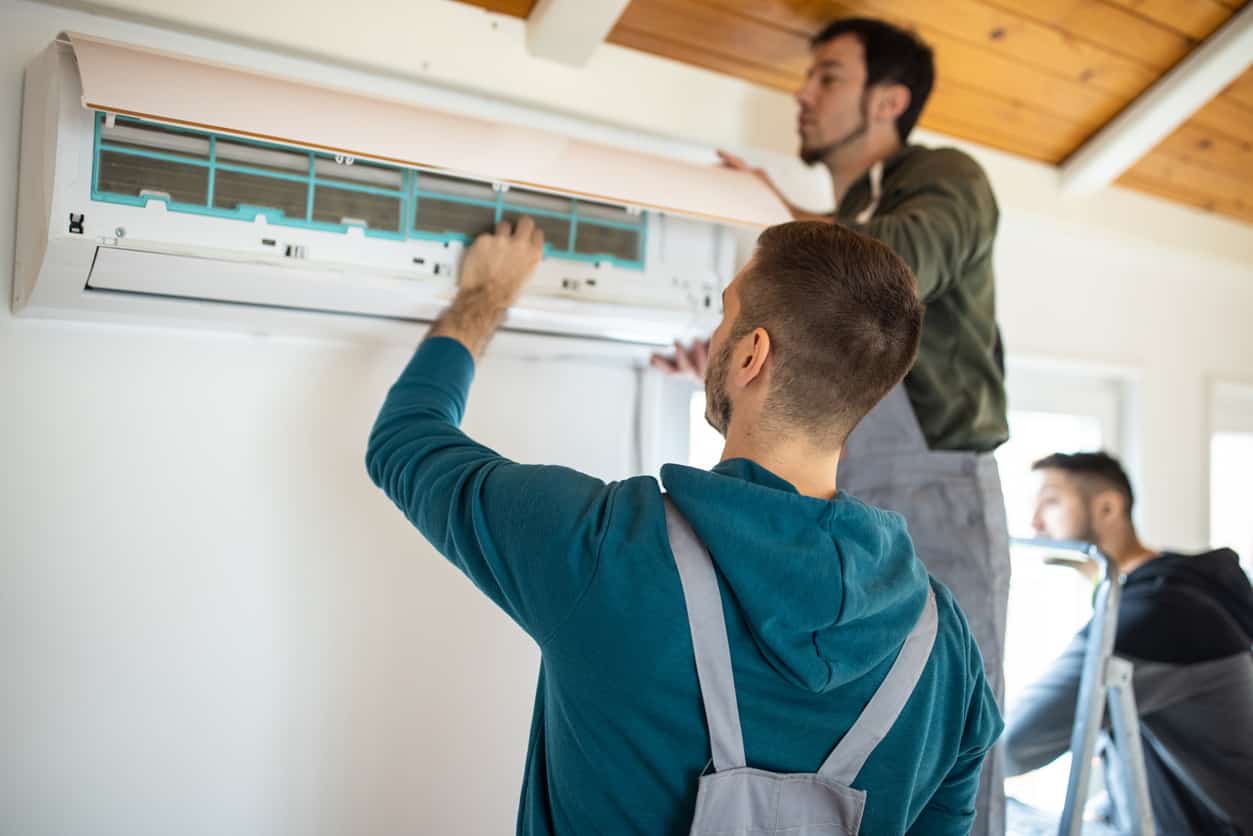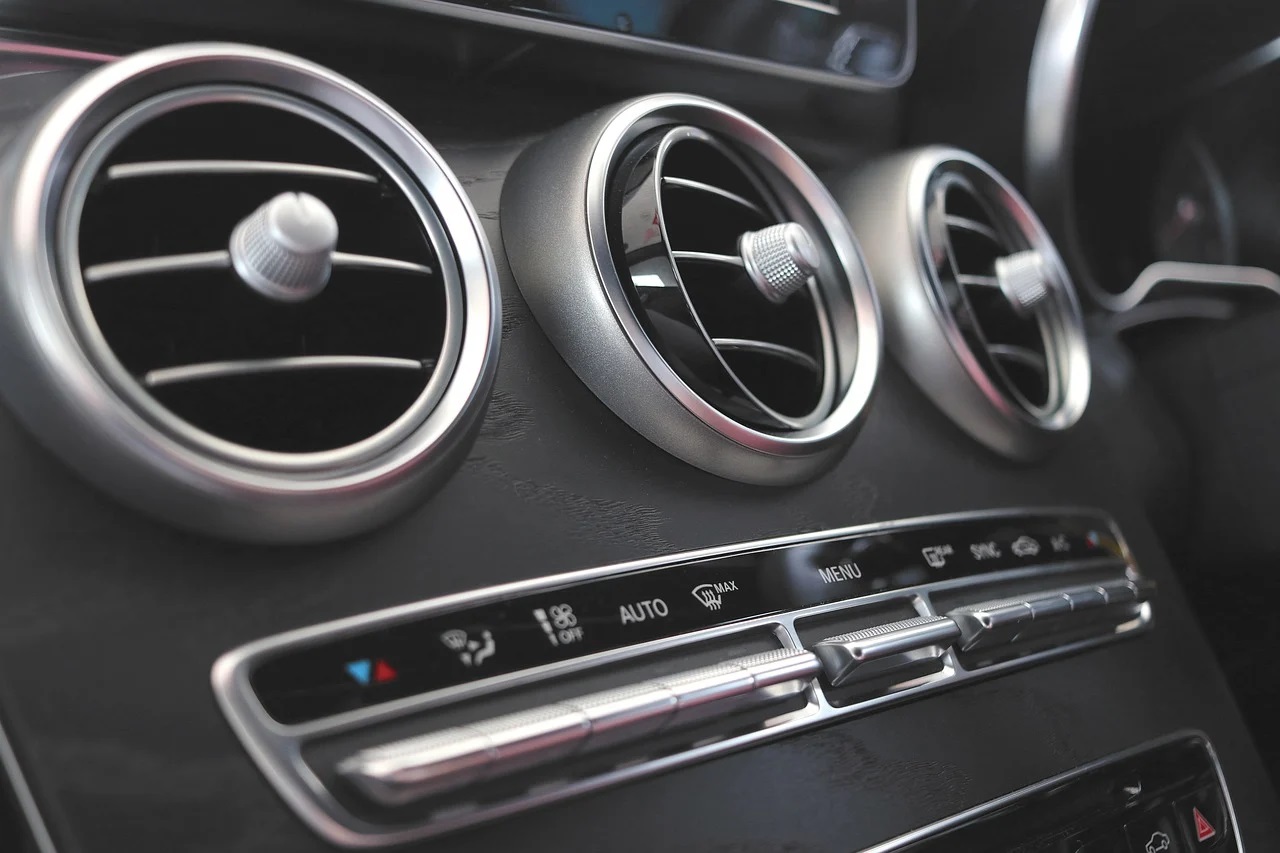Home>Home Maintenance>How Much Does It Cost To Replace An Air Conditioning Unit
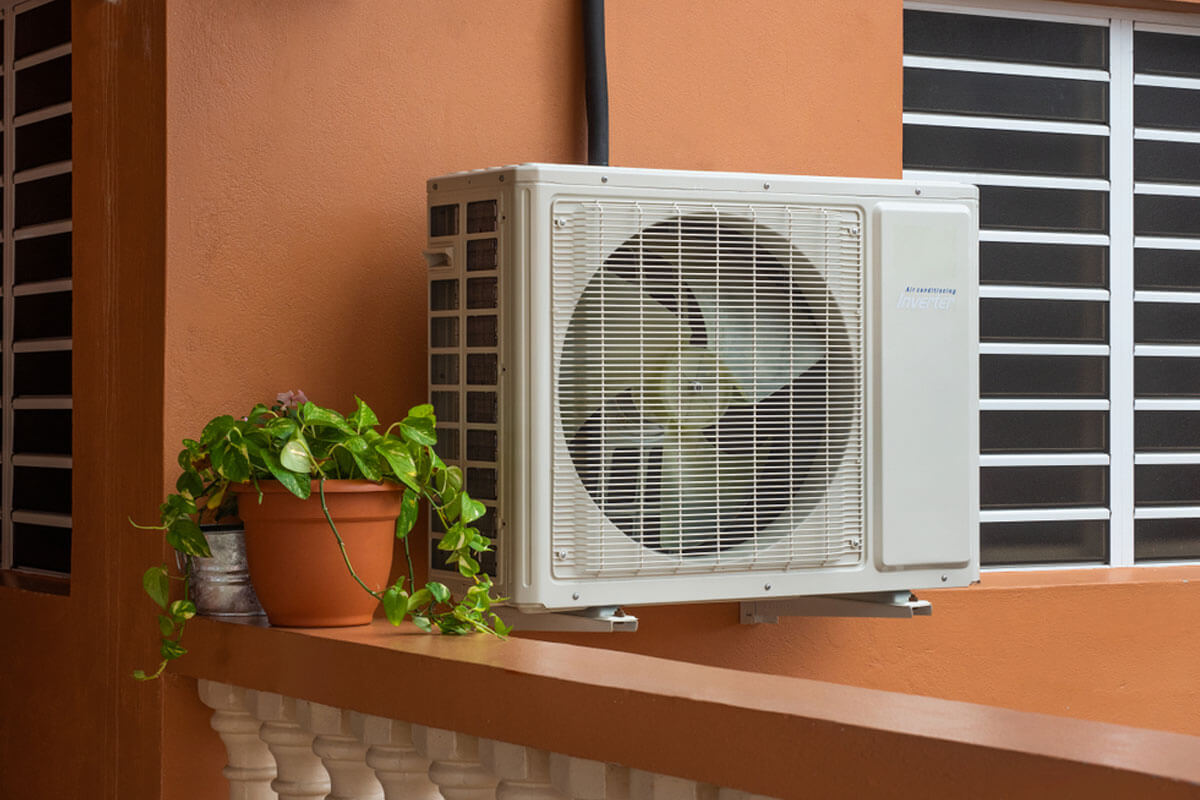

Home Maintenance
How Much Does It Cost To Replace An Air Conditioning Unit
Modified: March 6, 2024
Find out the average cost of replacing your air conditioning unit and ensure your home maintenance stays affordable.
(Many of the links in this article redirect to a specific reviewed product. Your purchase of these products through affiliate links helps to generate commission for Storables.com, at no extra cost. Learn more)
Introduction
Replacing an air conditioning unit is a significant investment for homeowners. Whether your old unit has reached the end of its lifespan or you’re looking to upgrade to a more energy-efficient model, it’s important to consider the cost implications before diving into the project. Understanding the factors that influence the cost and exploring financing options can help you make an informed decision.
In this article, we will delve into the various factors that can affect the cost of replacing an air conditioning unit and provide you with insights on average prices. We will also discuss additional costs to consider and compare the pros and cons of DIY installation versus hiring a professional.
So, if you’re ready to gain a comprehensive understanding of the costs associated with replacing an air conditioning unit, let’s dive in!
Key Takeaways:
- Replacing an air conditioning unit can cost between $2,500 to $7,500, depending on factors like size, energy efficiency, and additional features. It’s crucial to consider additional expenses such as ductwork modifications and ongoing maintenance.
- Homeowners can explore financing options like personal loans, home equity loans, or manufacturer financing to make the purchase more manageable. It’s important to carefully review the terms and conditions of each option and align them with long-term financial goals.
Read more: How Much Does Ducted Air Conditioning Cost
Factors Affecting the Cost of Replacing an Air Conditioning Unit
When it comes to replacing an air conditioning unit, several factors come into play that can influence the overall cost of the project. By understanding these factors, you can better estimate the expenses involved and make an informed decision.
- Type of Unit: The type and size of the air conditioning unit you choose will have a significant impact on the cost. Central air conditioning systems tend to be more expensive than window or portable units.
- Size of the Space: The square footage of the space you need to cool will determine the capacity of the unit you require. Larger spaces may require more powerful and costly units.
- Energy Efficiency: Energy-efficient models are often pricier upfront but can save you money in the long run through reduced energy consumption. Look for units with a higher Seasonal Energy Efficiency Ratio (SEER) rating for greater energy efficiency.
- Ductwork Condition: If your existing ductwork is in poor condition or needs to be modified to accommodate the new unit, it can add to the overall cost. This includes any necessary repairs, insulation, or rerouting.
- Location and Accessibility: The location of your air conditioning unit and the ease of installation can impact the cost. Units installed in attic spaces or difficult-to-reach areas may require additional labor and equipment.
- Additional Features: Certain additional features, such as programmable thermostats or air purifiers, can increase the cost of the unit. Evaluate if these features are necessary for your needs and budget.
- Manufacturer and Brand: Different manufacturers and brands offer varying price ranges for their air conditioning units. Research and compare different options to find a reputable brand that fits your budget.
It’s important to note that these factors are not exhaustive, and there may be other variables specific to your situation that can impact the cost of replacing your air conditioning unit. Consulting with a professional HVAC contractor can provide you with a more accurate estimate tailored to your specific needs.
Average Cost of Replacing an Air Conditioning Unit
The average cost of replacing an air conditioning unit can vary based on several factors we discussed earlier. However, to provide you with a general idea, we’ll outline the typical range of prices you can expect.
On average, the cost of replacing an air conditioning unit can range from $2,500 to $7,500. This price range includes both equipment and installation costs. Remember, this is just an estimate, and the actual cost can vary depending on your specific requirements and location.
For a basic central air conditioning system, which includes the unit and installation, the cost usually starts at around $3,000. However, this price can increase based on factors such as unit capacity, energy efficiency, and additional features.
If you’re considering a more advanced or high-performance system, the cost can go up to $7,500 or more. These systems often offer superior energy efficiency, advanced features, and better overall performance.
Keep in mind that these costs are for a complete installation that includes removing the old unit, preparing the space, and installing the new unit. Additional costs, such as permits, taxes, and any necessary modifications to the ductwork, may also be incurred, adding to the total expense.
It’s essential to obtain multiple quotes from reputable HVAC contractors to determine the most accurate price for your specific needs. By comparing quotes and evaluating the value offered by each contractor, you can ensure you’re getting the best deal for your budget.
Lastly, remember that investing in a more energy-efficient unit may have higher upfront costs but can result in long-term savings on your energy bills. Consider the cost savings over time when evaluating different options and prioritize energy efficiency in your decision-making process.
Additional Costs to Consider
When replacing an air conditioning unit, it’s important to take into account the additional costs that may arise during the project. These costs can vary depending on the specific requirements of your installation. Here are some common additional costs to consider:
- Ductwork Modifications: If your existing ductwork is not compatible with the new unit, modifications may be necessary. This can include repairs, rerouting, or adding insulation to improve efficiency. The cost of ductwork modifications can range from $500 to $2,000 or more.
- Permits and Inspections: Depending on your local regulations, you may need to obtain permits for the installation of a new air conditioning unit. Permit fees typically range from $100 to $500. Inspections may also be required by local authorities, which can add to the overall cost.
- Electrical Upgrades: In some cases, your electrical system may need upgrades to accommodate the new air conditioning unit. This can include installing a new circuit breaker or upgrading the electrical panel. Electrical upgrades can range from $500 to $3,000 or more, depending on the complexity of the work.
- Maintenance and Service Contracts: It’s important to factor in ongoing maintenance costs for your new air conditioning unit. Regular maintenance can help prolong its lifespan and ensure optimal performance. Additionally, you may consider purchasing a service contract to cover potential repairs and emergencies. The cost of maintenance and service contracts can vary depending on the provider and level of coverage.
- Disposal of Old Unit: If your old air conditioning unit needs to be removed and disposed of, there may be additional costs involved. Some HVAC contractors include this service in their installation package, while others charge a separate fee. Be sure to clarify the disposal cost with your contractor.
It’s important to discuss these potential additional costs with your HVAC contractor upfront. Make sure to request a detailed breakdown of all expenses to get a clear understanding of the total cost of your air conditioning unit replacement project.
By considering these additional costs and incorporating them into your budget, you can avoid any surprises or unexpected expenses during the installation process.
When replacing an air conditioning unit, consider the size of your home, the efficiency of the new unit, and any additional installation costs. Get multiple quotes from reputable contractors to find the best price.
Financing Options for Replacing an Air Conditioning Unit
Replacing an air conditioning unit is a significant investment, and for many homeowners, it may be necessary to explore financing options to cover the cost. Fortunately, there are several financing options available to help make the purchase more manageable. Here are some common financing options to consider:
- Personal Loans: Personal loans from banks or credit unions are a popular choice for financing home improvement projects. These loans provide a lump sum that can be used to cover the cost of the new air conditioning unit. Interest rates and repayment terms vary depending on your creditworthiness and the lender’s terms.
- Home Equity Loans or Lines of Credit: If you have significant equity in your home, you may qualify for a home equity loan or line of credit. These options allow you to borrow against the value of your home to fund the air conditioning unit replacement. Interest rates tend to be lower than personal loans, but keep in mind that your home is used as collateral.
- Manufacturer or Retailer Financing: Many HVAC manufacturers or retailers offer financing options to help customers purchase new air conditioning units. These financing programs often come with competitive interest rates or promotional offers. Be sure to carefully review the terms and conditions before committing to this type of financing.
- Energy-Efficiency Financing Programs: Some states and utility companies offer financing programs specifically designed to promote energy-efficient upgrades, including air conditioning units. These programs may provide low-interest loans or incentives to homeowners who choose energy-efficient models. Research available programs in your area to see if you qualify.
- Credit Cards: Credit cards can be used to finance the cost of a new air conditioning unit, but they typically carry higher interest rates compared to other financing options. If you choose this route, be cautious about high interest charges and aim to pay off the balance as quickly as possible.
When deciding on a financing option, consider factors such as interest rates, repayment terms, and any potential penalties or fees. Shop around and compare offers from different lenders or financing programs to find the best option that suits your financial situation.
It’s essential to carefully evaluate your budget and determine the amount you can comfortably afford to repay each month. Make sure to factor in the financing costs when calculating the overall expense of replacing your air conditioning unit.
Before making a decision, thoroughly review the terms and conditions of the financing option you choose and ensure that it aligns with your long-term financial goals.
DIY vs. Hiring a Professional
When it comes to replacing an air conditioning unit, homeowners often face the dilemma of whether to tackle the installation themselves or hire a professional HVAC contractor. Let’s compare the pros and cons of each approach to help you make an informed decision.
DIY (Do-It-Yourself) Installation:
- Pros:
- Cost Savings: DIY installation can potentially save you money on labor costs.
- Learning Experience: Installing an air conditioning unit on your own can provide a valuable learning opportunity and give you a sense of accomplishment.
- Flexible Schedule: You have the flexibility to work at your own pace and choose the most convenient time to complete the installation.
- Cons:
- Complexity: Air conditioning installation requires technical knowledge and expertise. If you lack experience or aren’t familiar with electrical and HVAC systems, DIY installation can be challenging.
- Potential Mistakes: Improper installation can lead to performance issues, reduced energy efficiency, and even damage to the unit. This may result in additional costs for repairs or future replacements.
- Lack of Warranty: Most manufacturers’ warranties require professional installation. DIY installation may void the warranty, leaving you responsible for any future repairs or replacements.
Hiring a Professional HVAC Contractor:
- Pros:
- Expertise and Experience: HVAC professionals have the necessary skills and knowledge to assess your needs, recommend the right unit, and ensure proper installation.
- Time Savings: Professionals can complete the installation more efficiently, saving you time and minimizing disruption to your daily routine.
- Warranty Protection: Hiring a professional ensures that the unit is installed correctly and in compliance with manufacturer guidelines, protecting your warranty.
- Cons:
- Cost: Professional installation comes with labor costs, which can add to the overall expense of replacing your air conditioning unit.
- Limited DIY Experience: If you enjoy learning and taking on home improvement projects, hiring a professional may limit your involvement in the installation process.
Ultimately, the decision between DIY installation and hiring a professional depends on your comfort level, experience, and budget. If you have the necessary skills and confidence, and are prepared to invest time in learning the process, DIY installation may be an option. However, if you’re unsure or lack the expertise, it’s recommended to hire a professional to ensure a smooth and proper installation.
Keep in mind that the installation of an air conditioning unit involves electrical connections, refrigerant handling, and complex system integration. Slight mistakes in installation can have a significant impact on the unit’s performance and efficiency.
Consulting with a professional HVAC contractor can help you make an informed decision based on your specific needs, budget, and comfort level with DIY projects. They can provide expert advice, ensure proper sizing and installation, and help you choose the best air conditioning unit for your home.
Conclusion
Replacing an air conditioning unit can be a significant undertaking, both financially and in terms of the impact on your home’s comfort. By considering the factors that influence the cost, exploring financing options, and weighing the pros and cons of DIY installation versus hiring a professional, you can make an informed decision that best suits your needs and budget.
Factors such as the type of unit, size of the space, energy efficiency, ductwork condition, location, and additional features all contribute to the overall cost of the project. It’s essential to obtain multiple quotes from reputable HVAC contractors to get an accurate estimate tailored to your specific requirements.
In terms of costs, the average range for replacing an air conditioning unit can be anywhere from $2,500 to $7,500, depending on the size, energy efficiency, and additional features of the unit. It’s crucial to factor in additional costs such as ductwork modifications, permits and inspections, electrical upgrades, and ongoing maintenance.
When it comes to financing, options such as personal loans, home equity loans or lines of credit, manufacturer or retailer financing, energy-efficiency financing programs, and credit cards can help make the purchase more manageable. Assess your budget and determine the financing option that aligns with your long-term financial goals.
Lastly, the decision between DIY installation and hiring a professional depends on your knowledge, experience, and comfort level. While DIY installation may offer some cost savings, it requires technical expertise and can void warranties. Hiring a professional provides peace of mind, expertise, and warranty protection.
Ultimately, the choice is yours, and it’s important to consider all factors carefully. Consulting with a professional HVAC contractor can provide valuable guidance and ensure a smooth and successful replacement process.
Remember, replacing an air conditioning unit is an investment in your home’s comfort and energy efficiency. By taking the time to understand the costs involved, exploring financing options, and making an informed decision, you can enjoy a cool and comfortable living space for years to come.
Frequently Asked Questions about How Much Does It Cost To Replace An Air Conditioning Unit
Was this page helpful?
At Storables.com, we guarantee accurate and reliable information. Our content, validated by Expert Board Contributors, is crafted following stringent Editorial Policies. We're committed to providing you with well-researched, expert-backed insights for all your informational needs.
